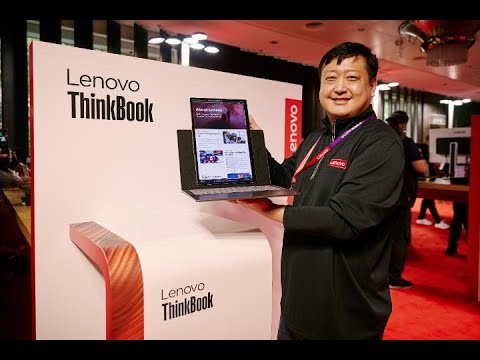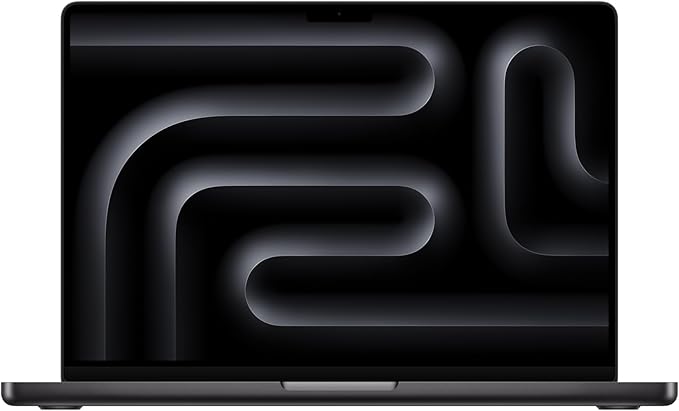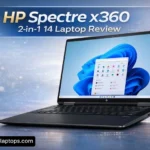At IFA 2025, Lenovo has once again pushed the boundaries of laptop design with its latest experimental device — the ThinkBook Vertiflex Concept. Known for bold innovations like rollable and tri-fold screens, Lenovo’s newest concept introduces a rotating 14-inch display that can shift seamlessly from traditional landscape to portrait orientation.
When closed, the ThinkBook Vertiflex looks like a standard ultraportable laptop. But a closer look reveals its standout feature: the ability to rotate 90 degrees, transforming it into a vertical productivity and entertainment machine. Whether for coding, editing, or scrolling through social media feeds, the portrait mode feels purpose-built for today’s content-heavy world.
Also Read: Lenovo 2025 Yoga and Legion Laptops Launched
To complement this unique functionality, Lenovo has integrated Smart Connect support, enabling users to pair their smartphones with the laptop for effortless screen mirroring, extended displays, and drag-and-drop file transfers. The design evokes comparisons to devices like LG’s Wing smartphone and Samsung’s rotating Sero TV, but this time, the concept is applied to a full-fledged PC.
Despite its rotating mechanism, the Vertiflex remains slim and lightweight at just three pounds and 0.7 inches thick. Lenovo also outfitted the concept device with practical connectivity, including two USB-C ports, one USB-A, HDMI, 3.5mm audio, and a microSD card slot.
Also Read: Lenovo Legion R7000 (2025) Launched With RTX 5050
Alongside the Vertiflex, Lenovo also showcased the Smart Motion Concept, a futuristic laptop stand that uses sensors to automatically adjust the laptop’s position to keep users framed during presentations or video calls. It can also be manually controlled using a gesture-based ring accessory, and even encourages ergonomic posture.
For now, both the ThinkBook Vertiflex and Smart Motion remain concept devices, with no confirmation of commercial release. Still, Lenovo’s showcase highlights the company’s ambition to reimagine how laptops adapt to modern digital habits.












